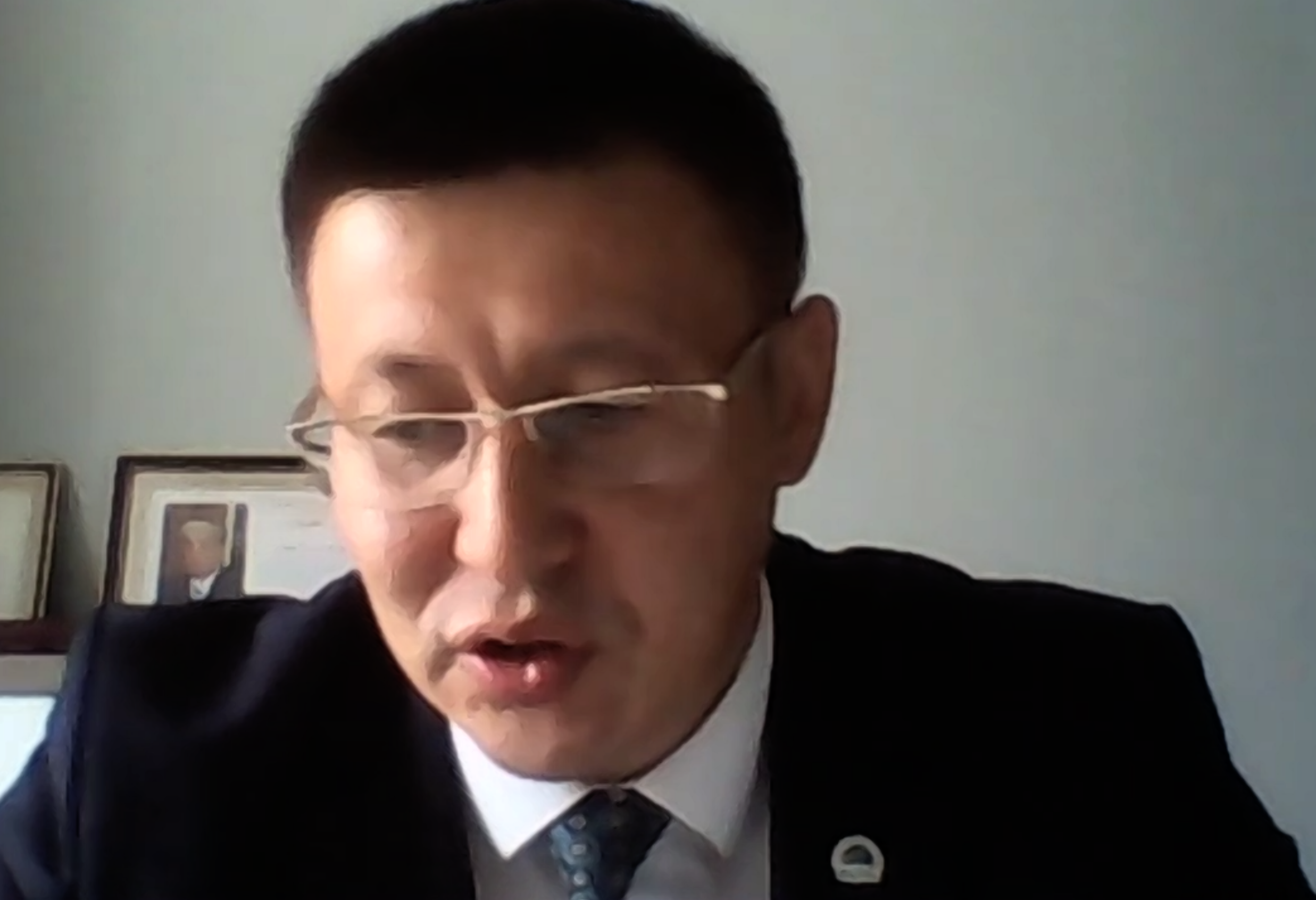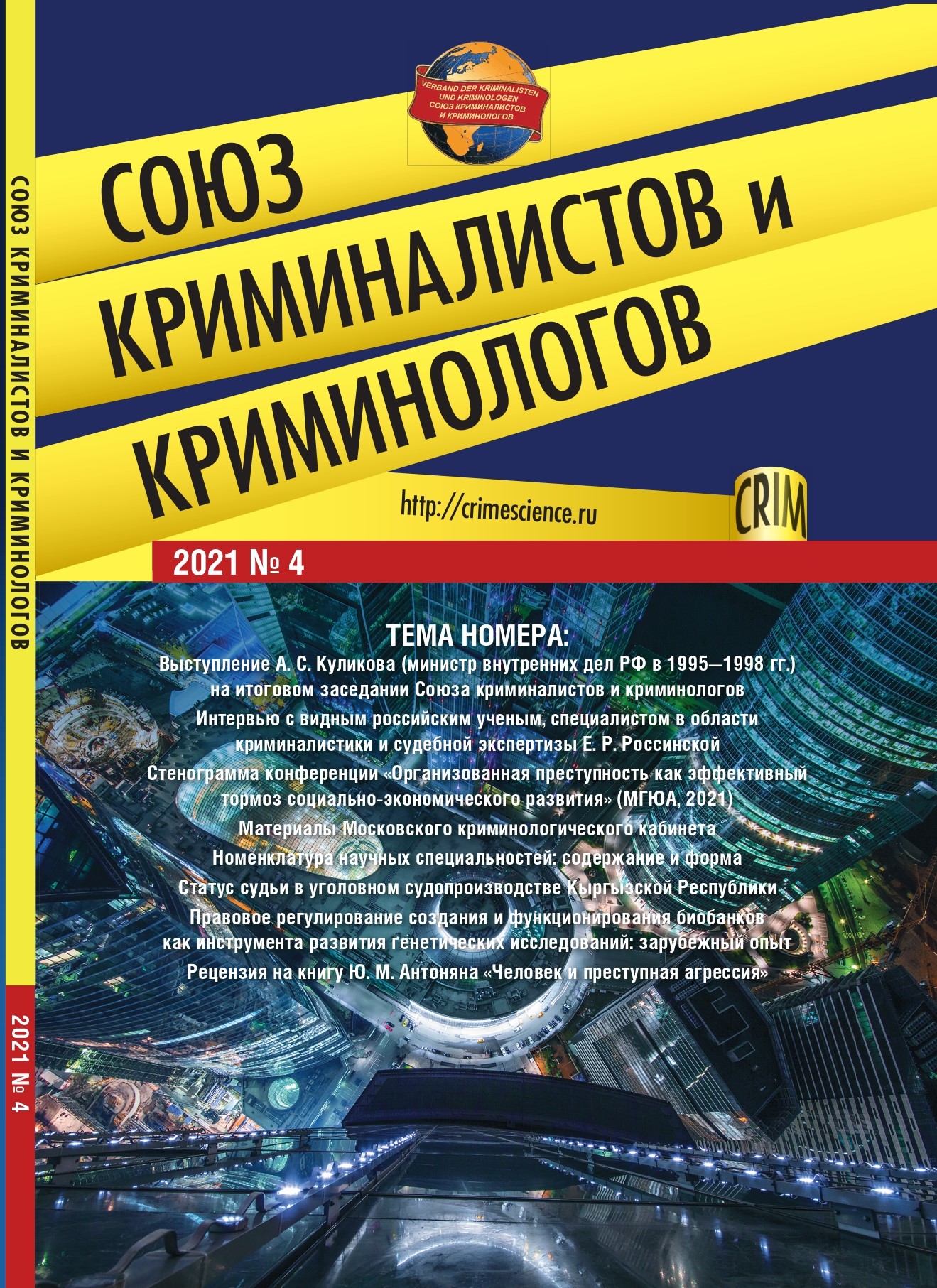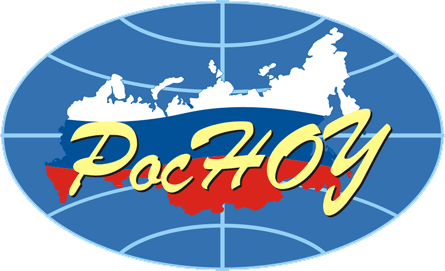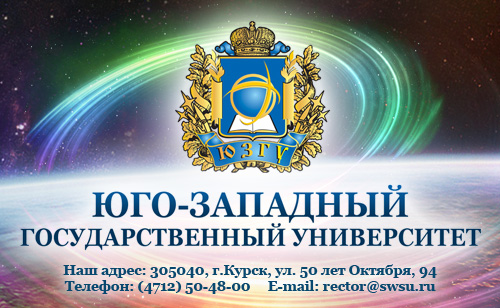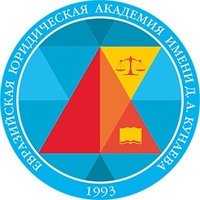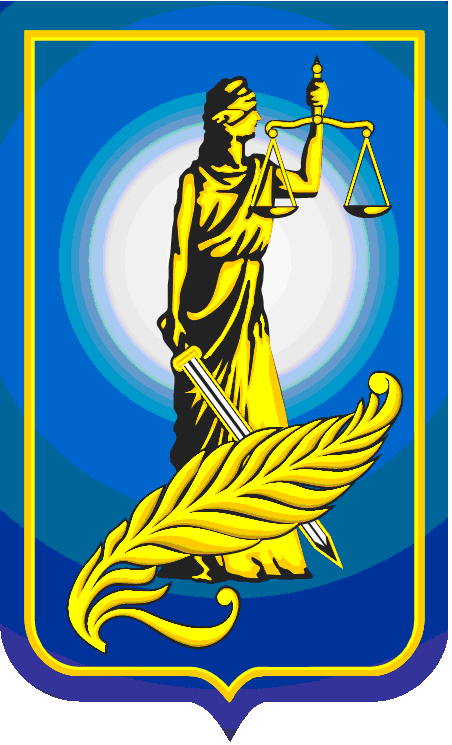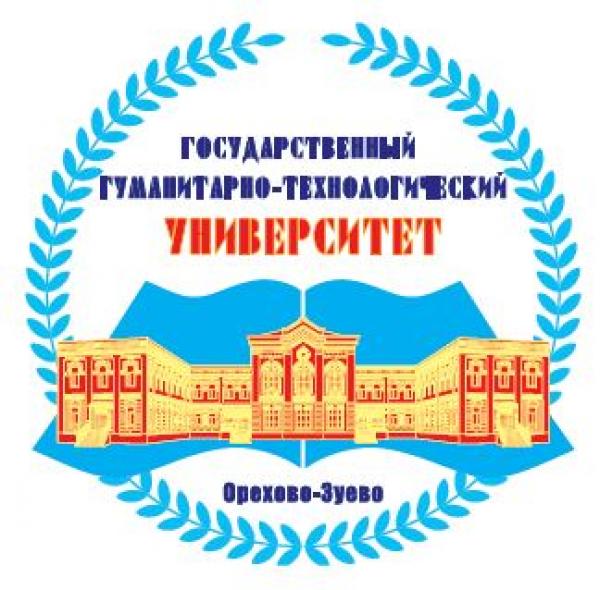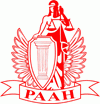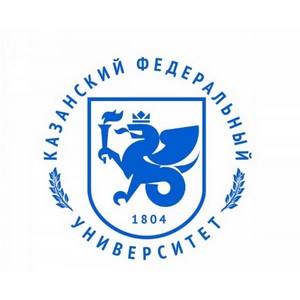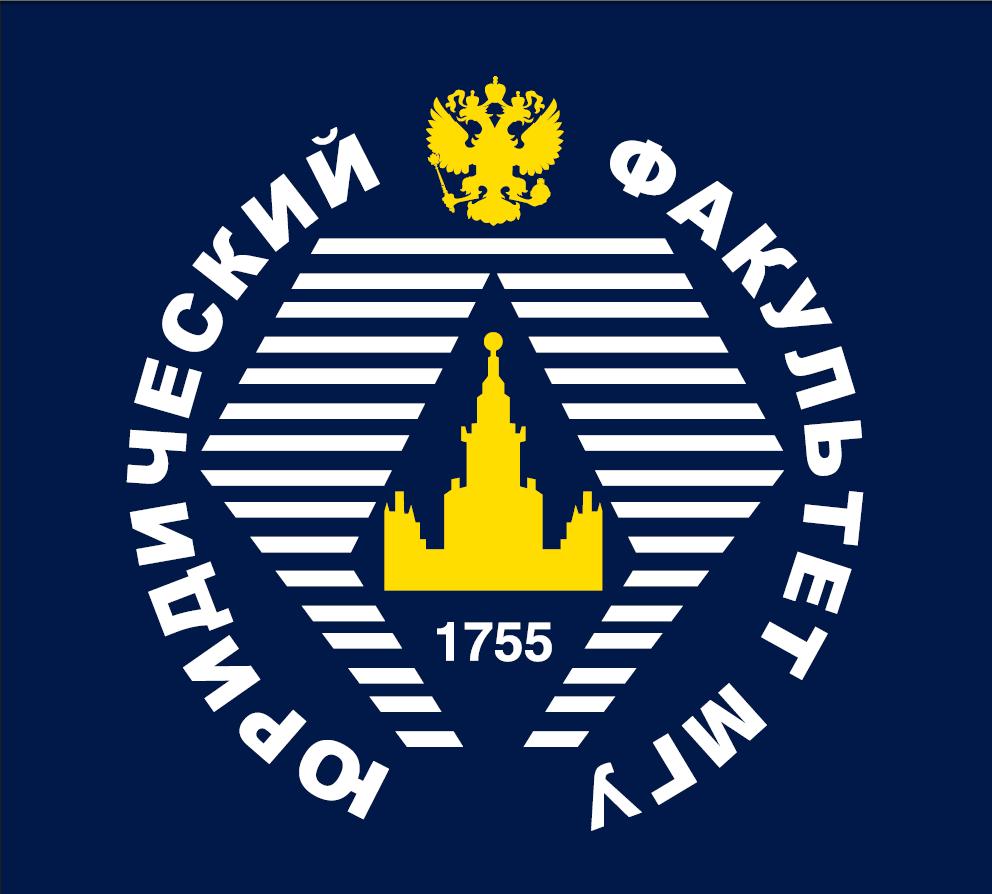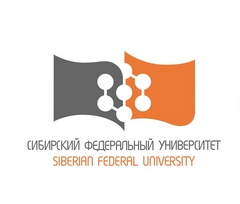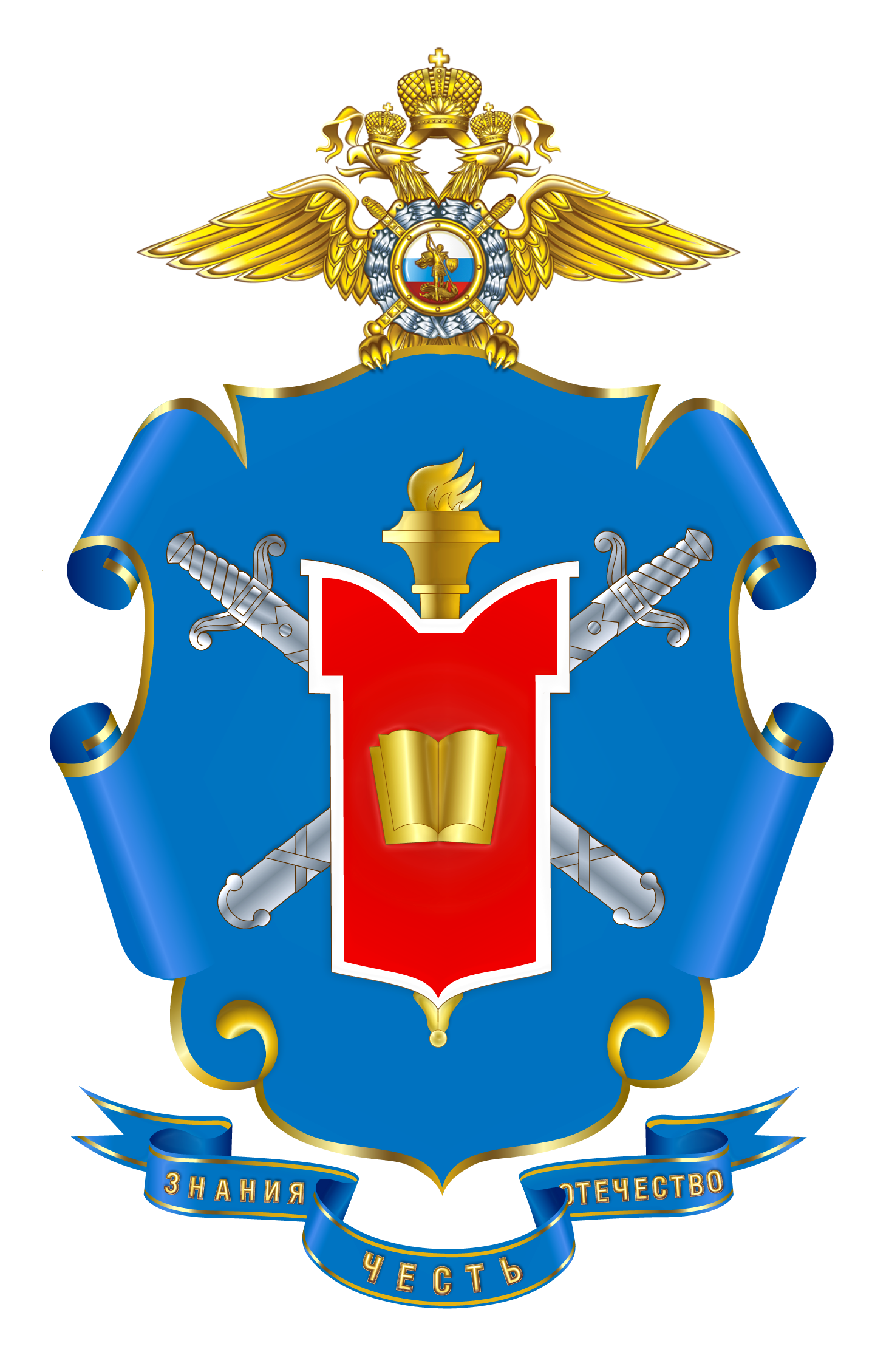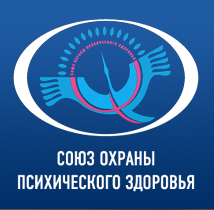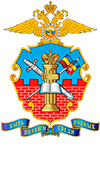Organizer: N.A. Lopashenko, Doctor of Legal Sciences, Professor, Professor of the Saratov State Academy of Law, Winner of the National Prize for Literature in the field of Law, Honoured Lawyer of the Russian Federation. The Person: Professor Tatyana G. Ponyatovskaya On 8 September 2020, a regular online meeting of the author’s project “Criminal law gatherings at N.A. Lopashenko’s” was arranged together with the Saratov Branch Office of the Union of Criminalists and Criminologists. The event was in held “The Person” format and was dedicated to Tatyana G. Ponyatovskaya, Doctor of Law, Professor, Professor of the Chair of Criminal Law at Kutafin Moscow State Law University (MSAL), Honoured Lawyer of the Udmurt Republic, Honoured Scientist of the Udmurt Republic. Before the beginning of the event, participants were sent relevant conference materials: an interview with Tatyana Ponyatovskaya; one of her fundamental works and a plan-abstract of the upcoming speech of The Person. In total, the online meeting was attended by more than 70 researchers and practitioners from all regions of Russia and neighboring countries: the Republic of Belarus, Kazakhstan and Armenia. Natalia A. Lopashenko noted that Ponyatovskaya’s scientific achievements are no less remarkable than her worldview. The participants, by tradition, asked the speaker personal questions:
- How many foreign languages do you know?
- What attracts you to science at the moment in science?
After that Ponyatovskaya spoke on the topic: “Hidden paths of quashing of a conviction.” The following issues were addressed in the report:
- A few words in defense of the institution of conviction;
- The institution of quashing of a conviction – the Apocrypha of the criminal law doctrine;
- Mysteries of the expiry of conviction.
After covering these issues, the professor paid special attention to the questions received from participants prior to the meeting. Some of the questions were:
- Associate Professor E.G. Shkredov (Smolensk):
If a person has got a real primary punishment (e.g. fine) and additional punishment (e.g. deprivation of the right to hold certain offices) at the same time, when does the cancellation-of-conviction-period (serving primary or additional sentence) begin to run? According to which norms, judicial practice have you come to your conclusion?
Post-graduate student Roman A. Komyagin (Saratov):
How do you feel about the introduction of a criminal offense into the criminal law as a special type of offense that does not entail a conviction?
Professor Natalia A. Lopashenko (Saratov):
How do you feel about conviction as an institution in criminal law? Don’t you think its existence is unnecessary?
Maya N. Sipyagina (Gatchina):
Can a criminal record affect the relatives of a convicted person? In the case of decriminalization of an act, can general legal restrictions be lifted from persons who had a criminal record?
Professor Valentin I. Mikhailov (Moscow):
What is a conviction as a measure to ensure the security of the State? What is your attitude to holding top positions in the criminal hierarchy?
At the end of the interactive part, the participants thanked Tatyana Poniatovskaya for her informative answers, wished her good health and success in her scientific work. Further, a brief report on the content of the institute of conviction in the Republic of Kazakhstan was made by a foreign participant – Alimzhan B. Bekmagambetov. Professor Sergey V. Rastoropov (Moscow) expressed words of gratitude to Tatyana G. Ponyatovskaya. At the request of Natalia Lopashenko, Professor Viktor I. Gladkikh (Moscow) presented a brief overview of recent publications under his own authorship. Further, lawyer Yulia Sosedova (Tambov) gave a review of relevant books and TV series. She recommended some of them to the event participants (Section “House of Culture”). In conclusion, Natalia Lopashenko thanked Tatyana Ponyatovskaya for agreeing to perform at the event.
The review was prepared by Roman Komyagin, Post-graduate Student of the Saratov State Academy of Law, Secretary of the Saratov Branch Office of the Union of Criminalists and Criminologists
Translated by Elizaveta Ovchinnikova













